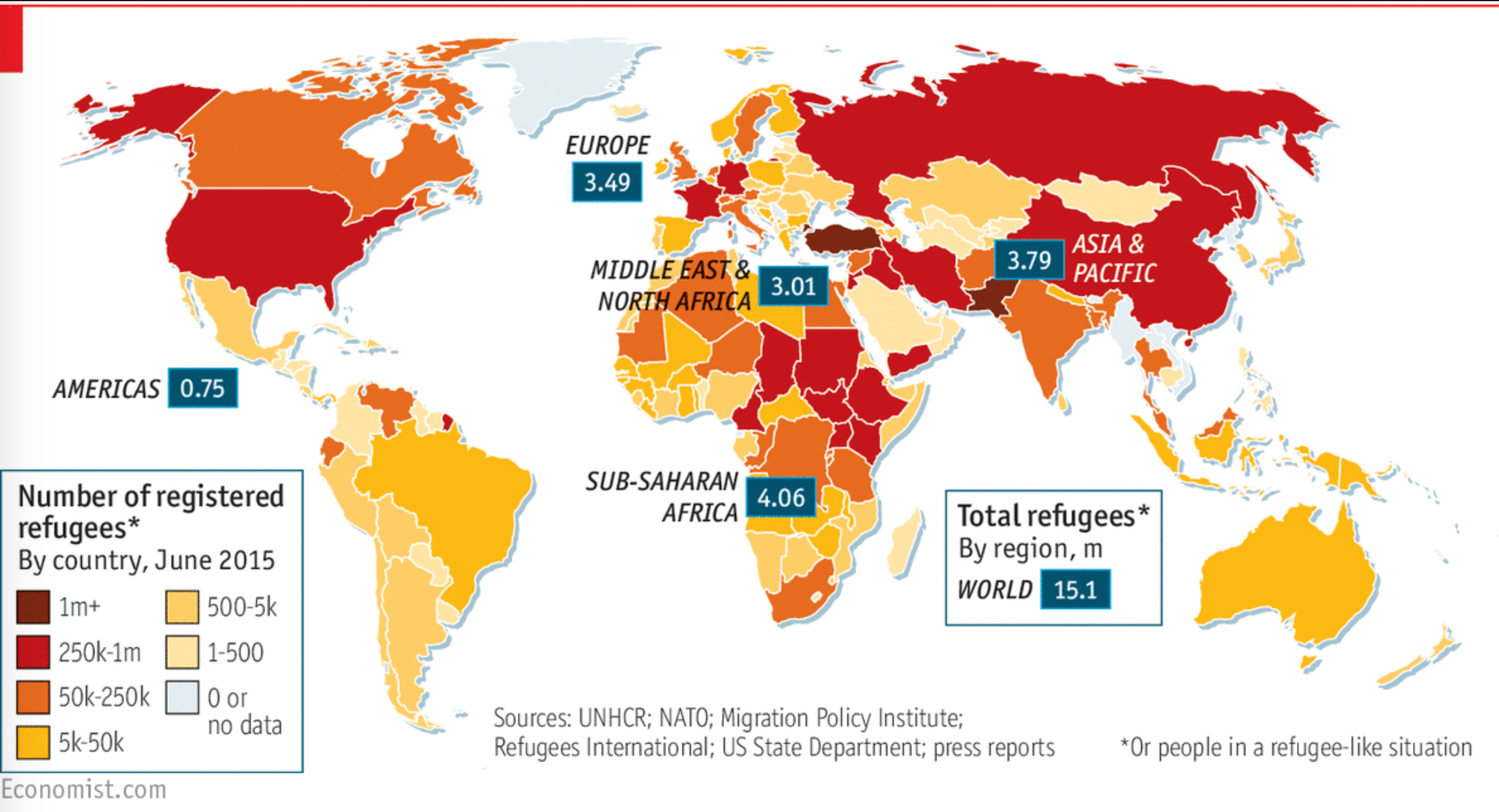

“The normalization of the Assad regime and welcoming him back into the Arab League is a step that can normalize the conversation about pushing refugees back to Syria, which is very risky,” said Omar Alshogre, a Sweden-based Syrian refugee and activist who says he was detained and tortured by Assad’s regime.Īlshogre, who was smuggled out of Syria in 2015, also expressed disappointment at “the silence of Arab populations,” which he says allows their Arab governments to act without accountability. Alaa Al Sukhni/ReutersĪrab nations set to rehabilitate Syria's pariah president in defiance of US Jordan's Foreign Minister Ayman Safadi speaks during a news conference after a meeting of a group of Arab foreign ministers in Amman, Jordan on Monday.

A statement issued by the bloc on Sunday said the move “addresses the humanitarian, security and political crises in Syria, the crisis’ repercussions on neighboring countries, especially the burden of refugees, terrorism and drug smuggling.”īut some are skeptical of the bloc’s ability to find a humane and just solution to the refugee crisis, warning that a rapprochement with the Syrian regime could prompt hosting nations to force the return of Syrian refugees despite potential threats to their lives. For millions of Syrian refugees scattered around the world, the re-admission of the Syrian regime to the Arab family of nations on Sunday may have looked like victory for a dictator who was the very cause of their displacement and misery.Īfter an 11-year suspension, the Arab League welcomed Syria back into the bloc, giving President Bashar al-Assad a political lifeline despite strong objection from some of its key Western allies.Īdvocates of Syria’s re-admission to the Arab League argued that it is part of an attempt to find an “Arab solution” to the Syrian crisis after all other efforts had apparently failed.


 0 kommentar(er)
0 kommentar(er)
